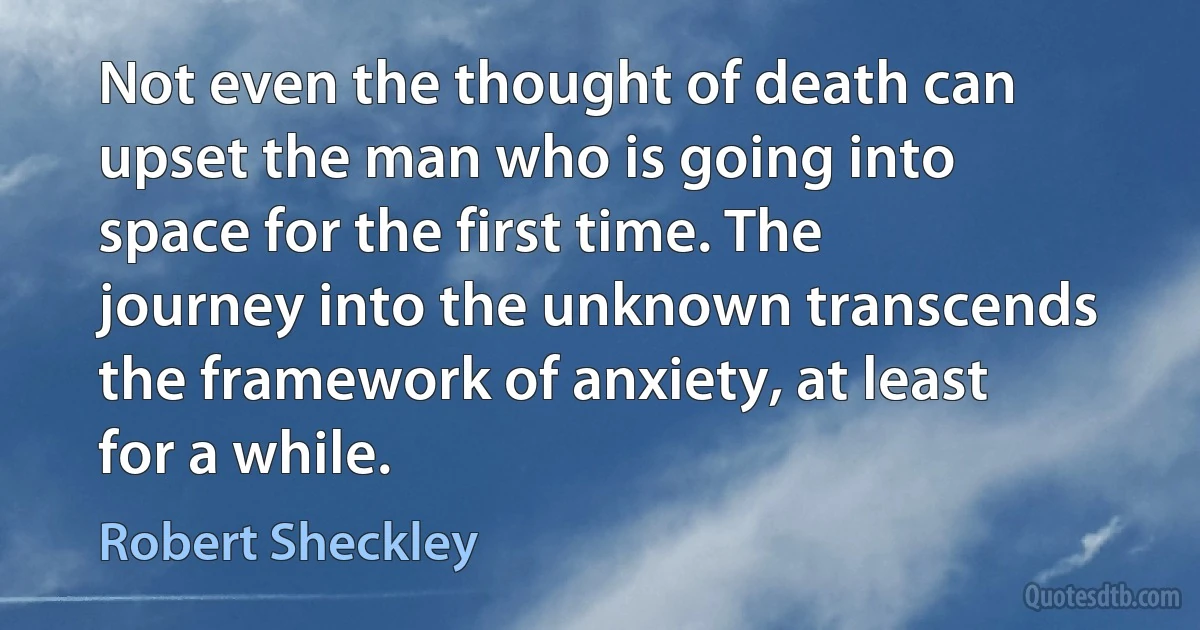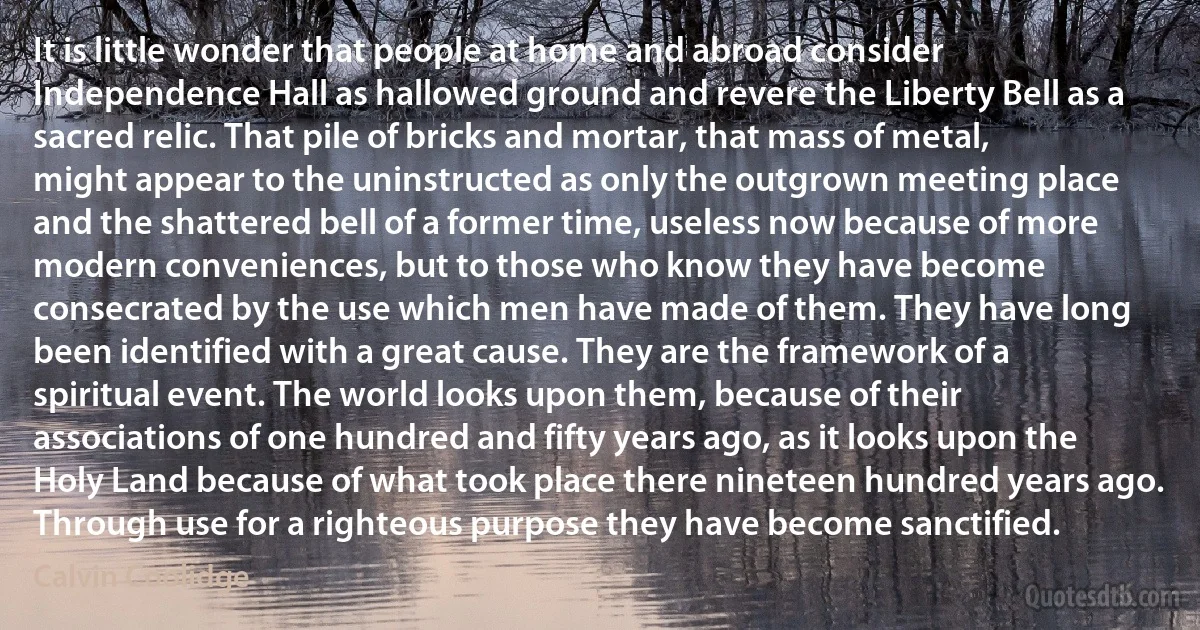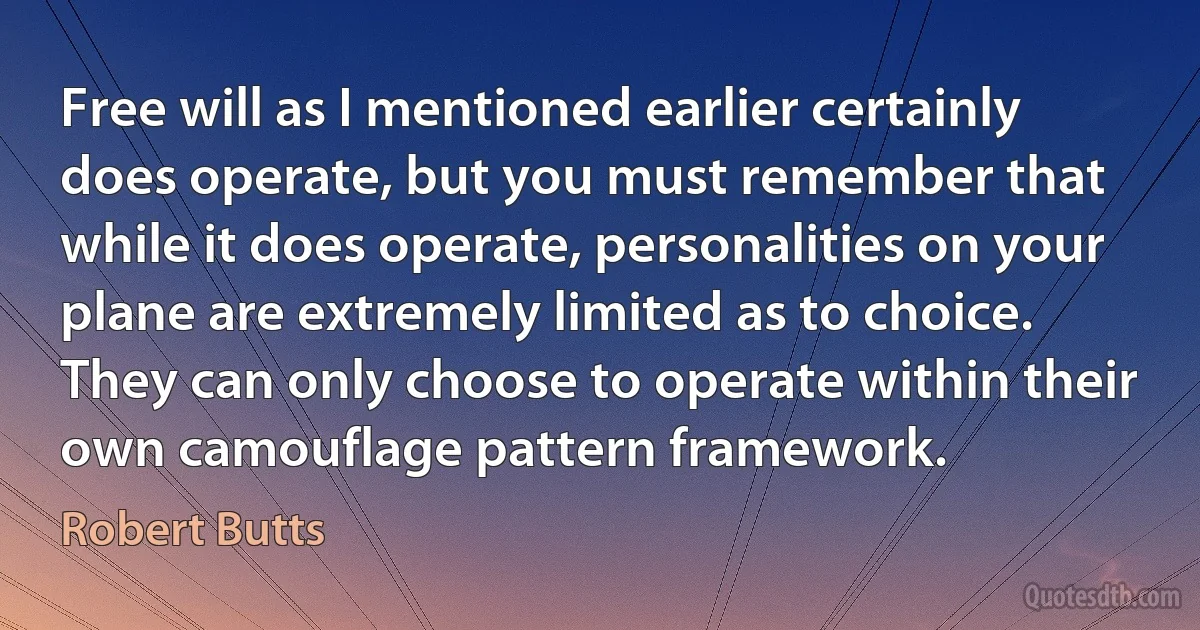Framework Quotes - page 5
We view the permanent solution in the framework of State of Israel which will include most of the area of the Land of Israel as it was under the rule of the British Mandate, and alongside it a Palestinian entity which will be a home to most of the Palestinian residents living in the Gaza Strip and the West Bank.
We would like this to be an entity which is less than a state, and which will independently run the lives of the Palestinians under its authority. The borders of the State of Israel, during the permanent solution, will be beyond the lines which existed before the Six Day War. We will not return to the 4 June 1967 lines.

Yitzhak Rabin
Globalization creates interlocking fragility, while reducing volatility and giving the appearance of stability. In other words it creates devastating Black Swans. We have never lived before under the threat of a global collapse. Financial Institutions have been merging into a smaller number of very large banks. Almost all banks are interrelated. So the financial ecology is swelling into gigantic, incestuous, bureaucratic banks - when one fails, they all fall. The increased concentration among banks seems to have the effect of making financial crisis less likely, but when they happen they are more global in scale and hit us very hard. We have moved from a diversified ecology of small banks, with varied lending policies, to a more homogeneous framework of firms that all resemble one another. True, we now have fewer failures, but when they occur... I shiver at the thought.

Nassim Nicholas Taleb
Our children grow up in a culture permeated with the idea that there are "smart people" and "dumb people". The social construction of the individual is as a bundle of aptitudes. There are people who are "good at math" and people who "can't do math." Everything is set up for children to attribute their first unsuccessful or unpleasant learning experiences to their own disabilities. As a result, children perceive failure as relegating them either to the group of "dumb people" or, more often, to a group of people "dumb at x" (where, as we have pointed out, x often equals mathematics). Within this framework children will define themselves in terms of their limitations, and this definition will be consolidated and reinforced throughout their lives. Only rarely does some exceptional event lead people to reorganize their intellectual self-image in such a way as to open up new perspectives on what is learnable.

Seymour Papert
We had to dispel the notion that the way to economic success lies through a sort of fiscal levitation. That was the abiding post-war delusion-that governments could spend and borrow their way to prosperity, and fine-tune the performance of the economy through something known pretentiously as demand management...It used to be an establishment nostrum that you need a budget deficit to get economic growth. That was the belief which lay behind the notorious letter by 364 economists in March 1981. We have given the lie to that, decisively. There can no longer be any argument about it. Everyone-or almost everyone-now accepts that the proper role of macro-economic policy is to keep downward pressure on inflation and to maintain a stable framework in which the private sector can expand.

Nigel Lawson
What makes democracies sustainable, given the context of exogenous conditions, are their institutions and performance. Democracy is sustainable when its institutional framework promotes normatively desirable and politically desired objectives, such as freedom from arbitrary violence, material security, equality, or justice, and when, in turn, these institutions are adept at handling crises that arise when such objectives are not being fulfilled.

Adam Przeworski
I had become someone they could look to for leadership and direction, who would shield from meddling from above, and would ask no act of them that he wasn't prepared to perform himself. I provided for my men a framework within which they were freed to use their own qualities of courage, resourcefulness and tenacity.

Steven Pressfield
To feel oneself so tiny, so fragile, so inherently losable, was at first spiritually crushing. But, by the same token, this realisation was also strangely liberating: if an individual human existence meant so little, if one's actions were so cosmically irrelevant, then the notion of some absolute moral framework made about as much sense as the universal ether. Measured against the infinite, therefore, people were no more capable of meaningful sin-or meaningful good-than ants, or dust.
Worlds barely registered sin. Suns hardly deigned to notice it. On the scale of solar systems and galaxies, it meant nothing at all. It was like some obscure subatomic force that simply petered out on those scales.

Alastair Reynolds
Reaganites learned it is POLICY change that changes economic trajectory. Reagan's successes were built on establishing a fiscal framework that invigorated our entire economy, revitalized growth and investment while decreasing spending, tax rates, over-reaching regulations, unemployment, and favoritism via individual subsidies. We need Reaganites in the new Administration. However well meaning, burdensome federal government imposition is never the solution. Never. Not in our homes, not in our schools, not in churches, not in businesses.

Sarah Palin
Rawls resorted to Hegel in his internal reflections on a constitutional state. On the plane of inter-state relations, Kant remained his philosopher of reference, as the theorist of conditions for a perpetual peace. So too for Habermas. But since Kant failed to envisage the necessary legal framework for a cosmopolitan order, as it started to take shape through the permanent institutions of the United Nations, Habermas, when he came to review the progress made since 1945, also looked towards the philosopher of objective idealism. Measured against the sombre background of the disasters of the first half of the twentieth century, he decided, ‘the World Spirit, as Hegel would have put it, has lurched forward'. As we have seen, Bobbio was responsible for the most pointed appeal to Hegel of all. In one sense, he was more entitled to do so.

Perry Anderson
The most legitimate instances of communication between the living and the dead occur in an intimate personal framework in which a dead parent makes contact with its offspring; a husband or wife freshly out of physical reality appears to his or her mate. But very seldom do historic personages make contact except with their own intimate circles.

Robert Butts
Framework 2 is connected with the creativity and vitality of your world. In your terms, the dead waken in Framework 2 and move through it to Framework 3, where they can be aware of their reincarnational identities and connections with time, while being apart from a concentration on earth realities. In those terms, the so-called dead dip in and out of earth probabilities by travelling through Framework 2, and into those probabilities connected with earth realities. Some others may wind up in Framework 4, which is like Framework 2, except that it is a creative source for other kinds of realities not physically oriented at all and outside of, say, time concepts as you are used to thinking about them. In a way impossible to describe verbally, some portion of each identity also resides in Framework 4, and in all other Frameworks.

Robert Butts



